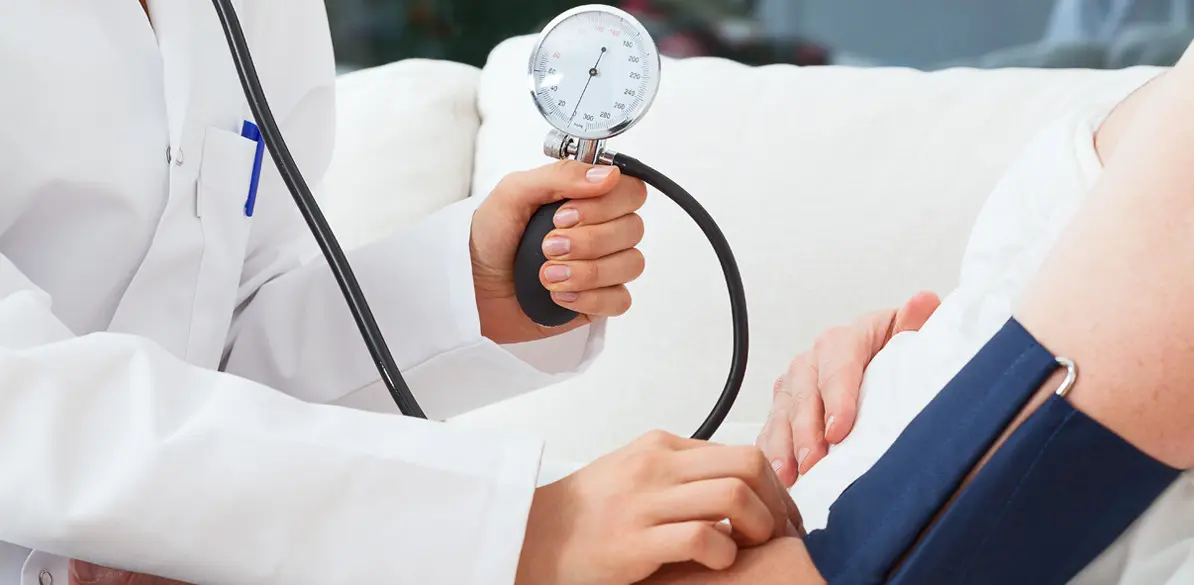Importance of having medical check-ups to prevent cardiovascular disease
Always look after yourself, regularly

Over the years, our heart, like all other organs, loses functionality and ages. In addition, cardiovascular risk factors external to the organ itself, such as hypertension and hypercholesterolemia, affect the heart and can put it in danger. This is why regular medical check-ups must be done.
Cardiovascular prevention and healthy habits will be very important to maintain a healthy heart. According to the Spanish Society of Cardiology (SEC) good habits in childhood can improve cardiovascular health in adulthood by up to 35%, so prevention must start when we are children. A blood test that evaluates blood lipids, cholesterol and triglycerides, as well as renal function and an annual electrocardiogram, are some of the methods used to monitor health and prevent cardiovascular risk. Tests such as cardiac stress testing, used to assess the heart’s response to stress, or an echocardiogram, which provides a moving image of the heart, should only be performed on people who have had a disorder detected either in their medical history or by physical examination at the doctor’s practice.
Chest pain is the most frequent manifestation of heart disease. An oppressive pain in the center of the chest that sometimes radiates to the arm associated with nausea, cold sweats or discomfort are warning signs. Any symptoms should be reported to a doctor as soon as possible.
In the Western world, cardiovascular diseases are numerous and remain the major cause of death and loss of quality of life among men and women, with people over 45 years of age being the main victims. A diagnosis in time can prevent irreversible damage: prevention is the key to cardiovascular disease.
